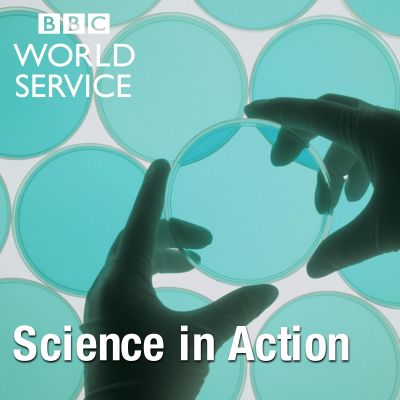Tracking individual cells from early embryo to adult
Scientists, using the new gene editing technique called CRISPR have been able to mark and track the development of a zebrafish embryo from the very early stages to adulthood. This technique allows individual cells to be tagged, they can then be tracked as they divide and multiply and specialise into all the cells of the adult body. This holds huge implications for understanding embryo development & stem cell activity. Millennium Technology Prize The winner of the coveted Millennium Technology Prize, awarded by the Technology Academy in Finland, has been won by Professor Frances Arnold (from Caltech) for her work on ‘directed evolution’ – a lab-based technique harnessing the massive power of natural selection to create enzymes to be used as catalysts in green chemistry, to help make jet fuel, pharmaceuticals, chemical-free pesticides and a whole manner of other useful, clean technologies. Drilling the Chicxulub Crater Exploratory drilling at the central ring of the Chicxulub crater site in Mexico has finished. This crater, only one of three on Earth visible from space, is thought to be made by the meteorite that spelt the end of the dinosaurs, nearly 66 million years ago. Researchers are hoping to learn about the impact of the impact on the planet. Science in China The Chinese are super-sizing science – BBC Science Correspondent Rebecca Morelle discusses five big projects that reveal China's plans to become a global scientific powerhouse. These include the biggest radio telescope and exploring the deepest parts of the ocean. Svalbard Global Seed Vault Marnie Chesterton travels to Spitzbergen inside the Arctic Circle to get a rare view inside the Svalbard Global Seed Vault. The seedbank is receiving vital deposits from seed banks in Pakistan, New Zealand, Taiwan, Germany and Thailand – helping to preserve their national crop varieties against war and natural disaster, and guarantee future world food supplies. Photo credit: Kate Turner, UCL
